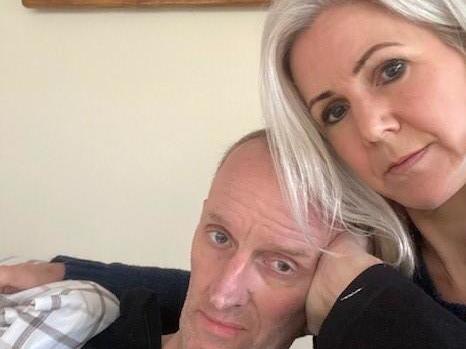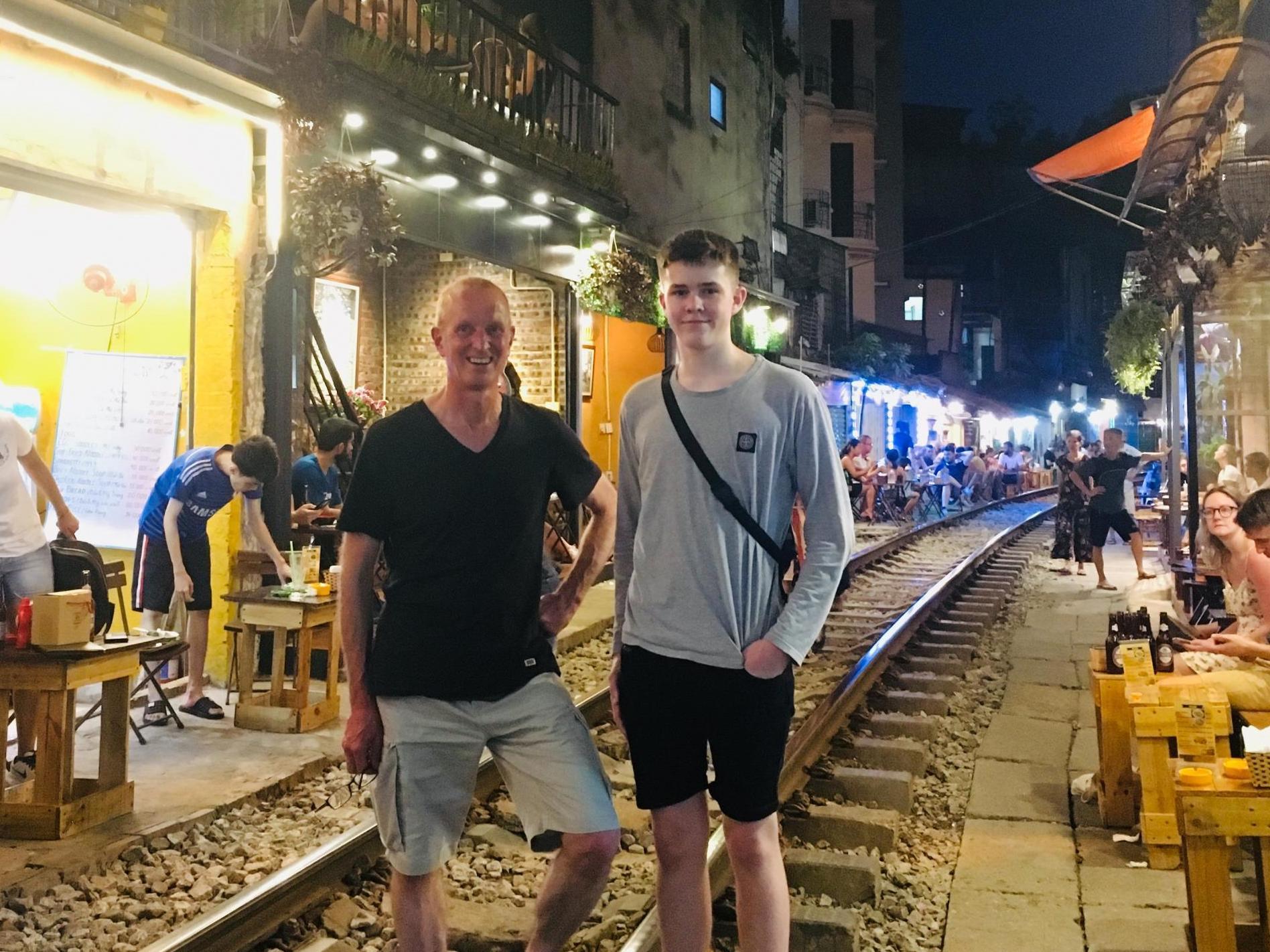Man deliberately starving himself to death makes last-ditch appeal to change UK assisted dying laws
Exclusive: ‘All elements of life have slowly been taken away from me. Socialising, singing, eating, drinking, running, walking, playing guitar, working and driving. Life is no longer giving me enough pleasure for me to wish to continue’

Your support helps us to tell the story
From reproductive rights to climate change to Big Tech, The Independent is on the ground when the story is developing. Whether it's investigating the financials of Elon Musk's pro-Trump PAC or producing our latest documentary, 'The A Word', which shines a light on the American women fighting for reproductive rights, we know how important it is to parse out the facts from the messaging.
At such a critical moment in US history, we need reporters on the ground. Your donation allows us to keep sending journalists to speak to both sides of the story.
The Independent is trusted by Americans across the entire political spectrum. And unlike many other quality news outlets, we choose not to lock Americans out of our reporting and analysis with paywalls. We believe quality journalism should be available to everyone, paid for by those who can afford it.
Your support makes all the difference.Unable to walk or talk to his children, Michael Askham has decided to starve himself to death – while dying is still his choice to make.
The 59-year-old first showed symptoms of the motor neurone disease in October 2018. The former nurse believes that if he does not act now to end his life, he faces choking on his own saliva as he loses the ability to swallow.
Now, on his deathbed in what are set to be his final hours, Michael is calling for a change to the law making assisted dying legal – one that would allow him more time with his partner and son Ollie, 16 and two daughters Emily, 20, and Lily, 14, before choosing to die on his own terms, in a humane and dignified way.
“My dream was always to die like my father,” Michael, of West Yorkshire, tells The Independent, communicating using an iPad. “To go to work. To come home. To go to bed and to die of a heart attack, there and then, job done. To have my family watch my decline and lose my life in this way is not my ideal situation and it’s hard for them.
“All elements of life have slowly been taken away from me. Socialising, singing, eating, drinking, running, walking, playing guitar, working and driving. Life is no longer giving me enough pleasure for me to wish to continue.”
Under current laws, anyone in England and Wales who assists a suicide faces a maximum sentence of 14 years in prison. Once a week someone from the UK is thought to travel to Switzerland to end their life, while a public poll of more than 5,000 people found 84 per cent supported a change in the law on assisted dying.
If the law was changed it could allow either Michael’s family, or a clinician, to administer medication that would allow him to die peacefully without suffering.
His partner Nikki, 48, who also works in the NHS, said: “It is utterly awful to watch someone with such great strength and fitness literally look like they are rotting from the neck down. It feels inhumane.
“As the mother to Michael’s children and his best friend and having worked in the NHS for 29 years, I feel he is of absolute sound mind and body. He is not depressed and nor is his decision making impaired. He wants to die with dignity.”

Michael’s symptoms first appeared when he took his son, Ollie, to see a Leicester City match 16 months ago and he noticed problems with his speech.
It was a five months before he had a proper diagnosis of bulbar motor neurone disease, as his body deteriorated rapidly. Since last August, he has been unable to eat even pureed food, and had a tube inserted directly into his stomach. He stopped working in November 2018.
Michael said: “Some people like myself are troubled in their final months, pondering over various means of self-suicide and feeling concerned about the uncomfortable and prolonged process of death. I have already experienced a horrible, distressing, lengthy episode of choking.
“I wished to plan a good route to die. Thoughts of Dignitas in Switzerland were strong in my mind but I had concerns over organising it, paying £10,000, getting the right timing. I have liaised with Dignity in Dying who are progressing towards this improvement to our country’s laws and I hope that the future will change.
“My wish is for MPs to support and push for progress towards assisted dying in the UK. I understand that some people could be seen as being at risk of exploitation when assisted dying is legalised. Countries with the law already in place have legal processes to protect vulnerable people.
“I would hate to imagine any of my children going through this experience in the UK.”

The Court of Appeal refused permission for a judicial review on assisted dying last month but the justice secretary, Robert Buckland, has said he will “actively consider” the issue in response to an MP’s debate. Last week the trade union for doctors, the British Medical Association, launched its first ever survey of members on assisted dying while the Royal College of Physicians dropped its opposition in favour of neutrality last year.
Parliament debated specific legislative proposals on assisted dying in 2015 when MPs rejected the legislation by 330 votes to 118.
Nikki, who met Michael in 1998, told The Independent: “To watch Michael die is utterly painful – it physically hurts my heart and selfishly, to see the children struggle with seeing their dad in this way, is utterly heart-breaking.
“We now not only watch the disease take Michael; we also watch him starve himself to death. We all respect his decision fully and will get by knowing this is Michael’s wish.”
Nikki said the couple hoped people would consider “the true heart of this story – an otherwise fit and healthy man suffer the impact of a life limiting disease and lose all control of how he wishes to die and his inability to die with dignity. Something which is an option in other countries and not in our own.
“We have a dog and none of us would allow our dog Barney to suffer in the way Michael is, we would be considered cruel to keep him alive. How can this be so different for a human, it seems positively cruel.”
A Ministry of Justice spokesperson said: "This is a terribly sad case and our thoughts are with Mr Askham. Any change in the law must be for MPs to consider as a matter of individual conscience, rather than a decision for government.”
Join our commenting forum
Join thought-provoking conversations, follow other Independent readers and see their replies
Comments